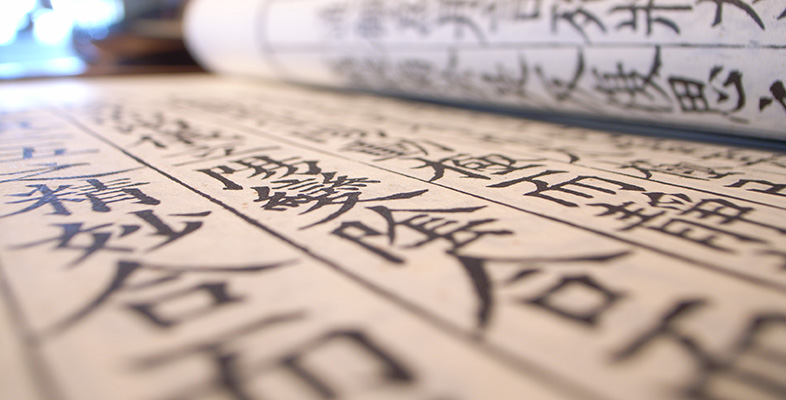3.1 Nationalities
In Chinese, many countries can be identified as they have ‘guó 国’ at the end. For example:
- Zhōng guó 中国 = China
- Yīng guó 英国 = Britain
- Fā guó 法国 = France
- Dé guó 德国 = Germany
There are, however, other countries and cities that do not have ‘guó 国’ at the end, such as:
- Xī bān yá 西班牙 = Spain
- Yì dà lì 意大利 = Italy
- Lúndūn 伦敦 = London
- Bĕi jīng 北京 = Beijing
Once you know the name of the country, nationalities in Mandarin Chinese are quite easy to learn. To say the nationality you only need to add the word ‘rén’ – which, as you’ve already learned, means ‘person’ – to the country name.
To find out someone’s nationality you would ask:
- 你是哪国人? Nĭ shì nǎ guó rén? = Where are you from?
The reply to this question would then be:
- 我是中国人 Wǒ shì Zhōngguórén = I’m Chinese.
- 我是英国人 Wǒ shì yīngguórén = I am British.
- 我是西班牙人 Wǒ shì Xībānyárén = I’m Spanish.
Then, if you want to know the specific area in the country someone is from you would ask:
- 你是中国什么地方人? Nĭ shì Zhōngguó shénme dìfang rén? = What place in China are you from? (lit. you are China what place person?)
Transcript: Audio 18
- 您是英国什么地方人? Nín shì Yīng guó shénme dìfang rén? = Whereabouts in the UK are you from? (lit. You are UK what place person?)
Transcript: Audio 19
In response to this, you may hear Chinese people say:
- 我是北京人Wǒ shì Bĕijīngrén = I’m from Beijing (lit. I’m Beijing person).
The question 什么地方... shénme dìfang means ‘What part of’. As you can see, the word order in Chinese differs to that of English, but you will learn more of that as you develop further learning of the language.
Activity 8 Names and nationalities
Listen to the audio extract below in which Mr Wang ( 王先生 Wáng xiānsheng ) and Miss Li ( 李小姐 Lĭ xiǎojie ) talk about their places of origin. Identify their nationalities and the name of the city you hear, in the order you hear them. Do not worry if you do not understand the whole conversation
Answer
Well done!
- 中国 Zhōngguó (China) - is first
- 北京 Běijīng (Beijing) - is second
- 英国 Yīngguó (UK/Britain) - is third
- 伦敦 Lúndūn (London) – is fourth
